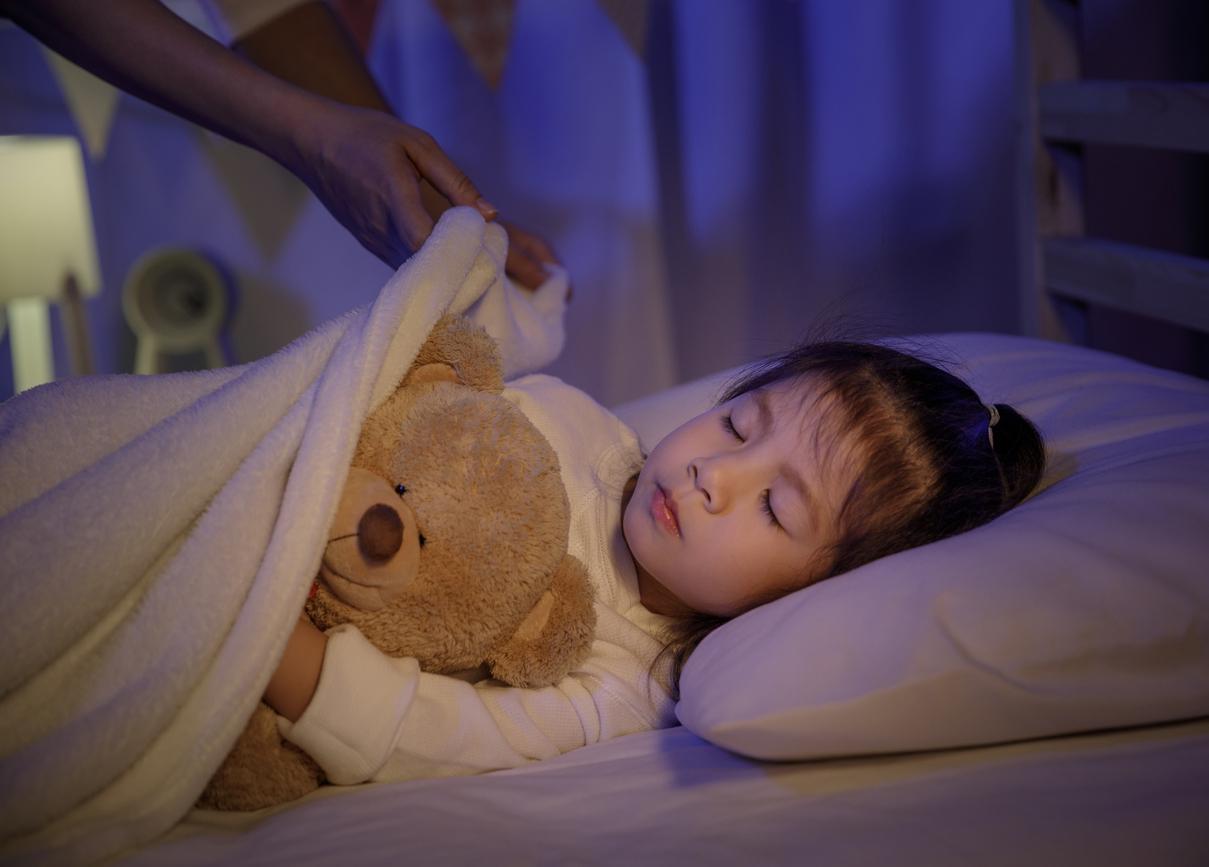Changing the time of day has a substantial effect on sleep duration…but it’s short-lived, according to a study from the University of Bristol.

- We will switch to winter time on the night of October 26 to 27. At three in the morning, the clock will go back one hour.
- A new study confirms that changing the time of day has an impact on sleep duration.
- However, it is short-lived and varies between sexes.
During the night of October 26 to 27, 2024, we will switch to winter time. Clocks will go back 60 minutes at 3 a.m. Many of us think that we will then gain an hour of sleep.
Work from the University of Bristol on the impact of seasonal time changes challenges this popular and comforting idea. The researchers assure in their article published in the journal Journal of Sleep that sleep duration decreases both when switching to summer and winter time. However, there is good news: the impact is short-lived.
Change to winter time: only 30 minutes more sleep
To assess the impact on the quality of our nights, researchers analyzed sleep data from activity trackers worn by 11,800 Britons during each time change from 2013 to 2015. The analyzes revealed that people slept around one hour less on the Sunday of the changeover to summer time than on the preceding and following Sundays.
But more surprisingly, the volunteers did not (or could not) take advantage of the extra 60 minutes of sleep during the switch to winter time. In fact, they had only slept half an hour more that day compared to the previous week as well as the following.
But, the acute loss of sleep was short-lived. Scientists assure, in fact, thatthere was overall evidence of sleep catch-up afterwards for both types of time changes.
“Although short-lived, the sleep loss observed during the switch to DST in this study has serious health consequences, as a single night of sleep loss was associated with a decline in health Additionally, research has shown that time changes themselves are associated with an increase in heart attacks, strokes, motor vehicle accidents and depression.specify the authors in a press release.

Time change: a different impact depending on the sexes
The study also showed that the effect of the time change on sleep differed by gender. “Men tended to sleep more on weekdays after the two clock changes, although this was more pronounced in the spring. In contrast, this pattern of catch-up sleep was not observed in women. They often slept less weekdays after the clock has moved”, indicates the research team.
Scientists suggest that this difference could be explained by the greater prevalence of insomnia and sleep disorders among women. They believe these problems are exacerbated by clock changes.
















